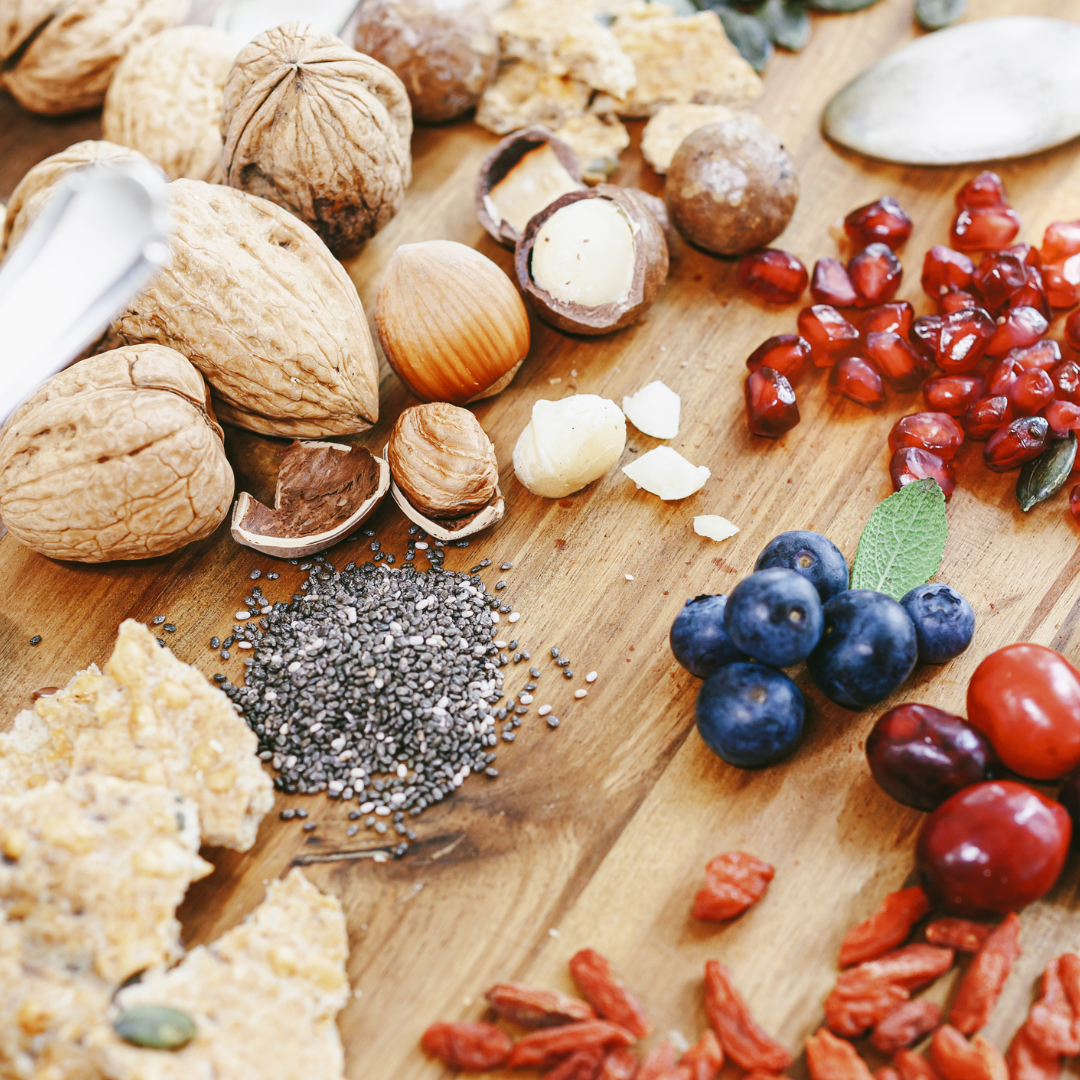During pregnancy, a woman's diet must be adapted for 2 reasons:
1. Help your child develop properly
2. Have the most nourishing milk possible
The diet of the expectant mother has an impact which can be important on the composition of milk. Indeed, although the concentration and quality of carbohydrates and proteins in breast milk is little dependent on the mother's diet, that of lipids does!
It is important to know that the body always prioritizes the child over the mother. Therefore, the risk of deficiencies concerns the mother rather than the child.
ENERGY
During pregnancy , the woman will accumulate energy through her diet.
This energy will help meet breastfeeding needs for the first 4 months of the newborn's life. It is stored in the form of nutrients that are used in the composition and production of milk.
When breastfeeding , it is necessary to compensate for the loss of energy. It is important to know that approximately 1/3 of energy expenditure is covered by the energy storage carried out during pregnancy.
You still need to provide energy daily to avoid being deficient. A breastfeeding woman should consume about 500kcal more per day than a normal woman. It is also common to have cravings during pregnancy, so it is recommended to treat yourself with healthy and energetic snacks.
MACRONUTRIENTS
Protein intake should not be neglected
If the protein intake in the diet is too low, the casein content in the milk will be insufficient for the infant. This casein is responsible for the feeling of satiety in the newborn.
But since the average casein content in milk is relatively low, the recommendations for daily intake are the same as for non-breastfeeding women, namely: between 11% and 15% of daily energy intake.
So you have to have a protein source diet ! Favor minimally processed foods for better assimilation of proteins and other nutrients.
Among carbohydrates, lactose is important for the newborn.
It has several roles:
- Energetic: it provides 40% of the energy
- Structural: it allows the synthesis of galactose which enters into the composition and metabolism of brain cells
- It promotes the absorption of iron and calcium and participates in the establishment of intestinal bacterial flora
The mother's diet has very little influence on the lactose content of breast milk except in cases of severe malnutrition where lactose production is reduced. It is therefore not a point of vigilance. It is simply necessary to have a diet composed of carbohydrates allowing energy to be stored.
Lipids are the primary source of energy in breast milk.
Their quantity and quality depends on the woman's diet and their content increases with the length of time the woman breastfeeds her child.
Among lipids, polyunsaturated fatty acids are the most important because they are the healthiest and are essential in brain and retinal development. They must be provided by the mother's diet in their direct form or by their precursors.
In terms of quantity, their intake should be similar to that of a normal woman, i.e. around 35-40% per day, but we must pay attention to their quality!
Oilseeds of the type Almonds , hazelnuts , cashew nuts are therefore very good examples of foods rich in omega-3/6 and 9. These are galactogenic foods because they naturally stimulate the production of milk and are rich in vitamins and minerals.
Energy balls containing these nuts are therefore ideal snacks to stimulate milk production and provide good lipids!
MICRONUTRIENTS
Micronutrient content in breast milk is linked to the woman's diet
This is particularly true for iron, calcium, iodine and selenium. Concerning copper and zinc, their content in milk is linked to the mother's diet only during the 3rd trimester of her pregnancy.
Among these, iron allows respiratory exchanges and metabolic reactions of the body. There is a strong need during breastfeeding and it is often under-stored during pregnancy, which is why some women need supplements. This also helps compensate for losses during childbirth, so iron is important for both the child and the mother.
Concerning Calcium , it allows growth, muscle contraction and maintenance of the skeleton, necessary for the development of the infant. The recommended daily intake is 1200mg of calcium because there is a strong need for the newborn and the mother since her calcium reserve is degraded in favor of the calcium composition of her milk.
In conclusion
A woman who wants to breastfeed must have a balanced diet from the beginning of her pregnancy to be able to store maximum energy.
It is important to ensure that you have a diet:
- source of good quality protein
- rich in carbohydrates for energy and lactose
- rich in lipids, favoring polyunsaturated fatty acids while trying to vary the sources
- source of minerals, particularly calcium and iron
We recommend Nüttree Energy-Balls to bring deliciousness to your pregnancy and meet nutritional needs.
Sources :- Bérénice Castel, Claude Billeaud, "Nutrition of the breastfeeding mother", Nutrition and Dietetics Notebooks (2017)
- D. Turck, "Breastfeeding: the health benefits for the child and its mother", Archives de Pédiatrie (2005)





